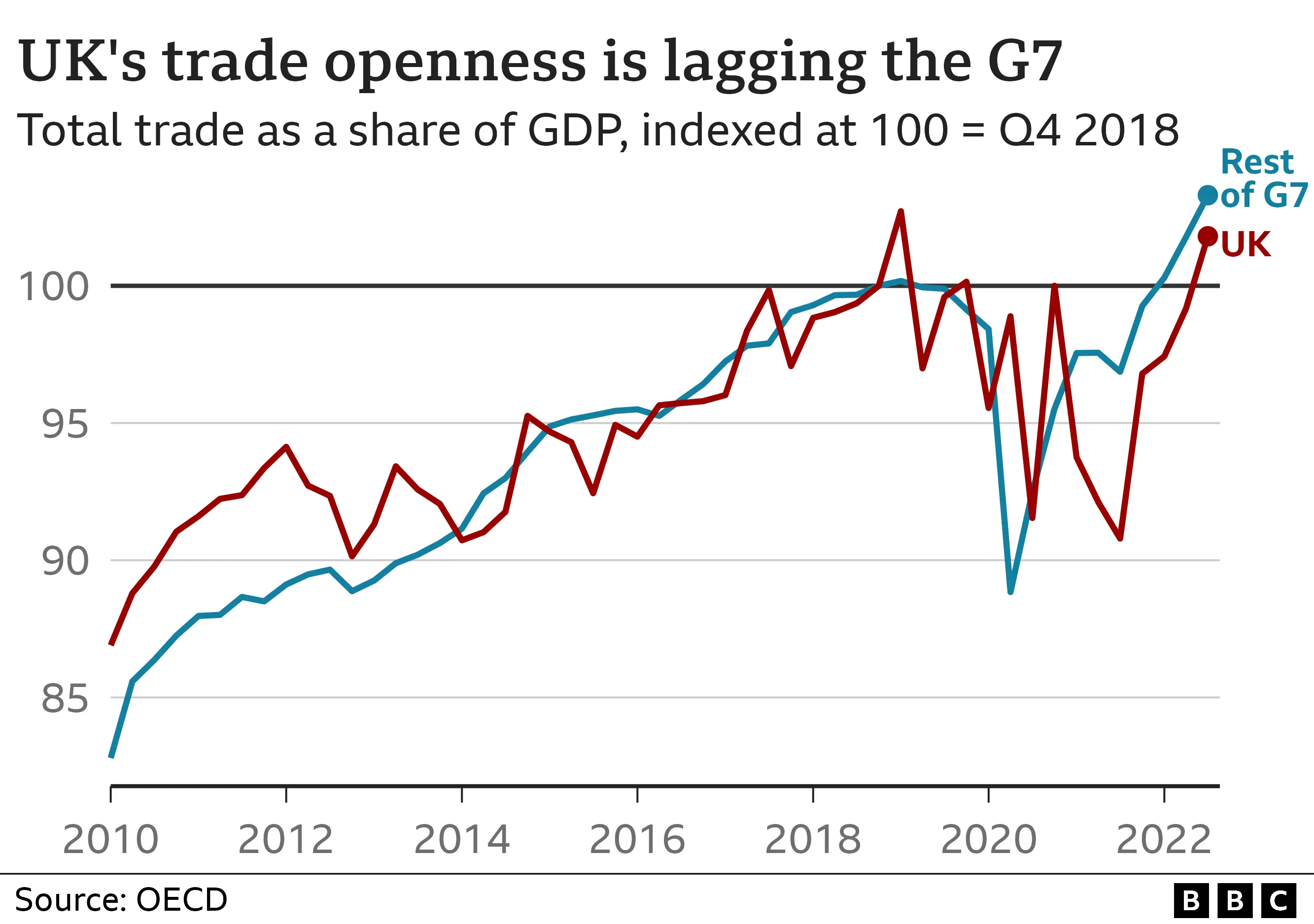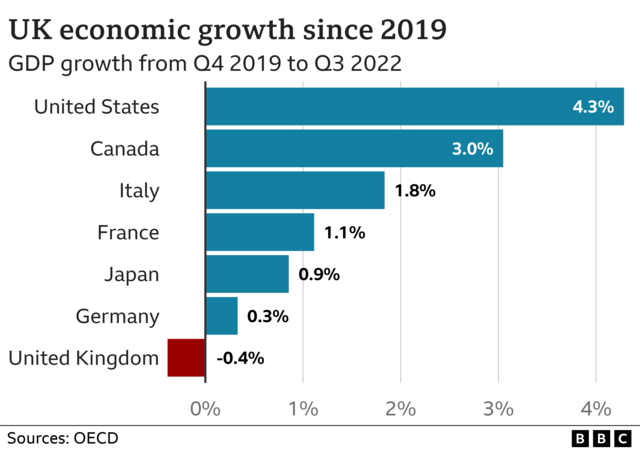Brexit's Economic Impact: Unexpected Consequences Revealed
Understanding the Unforeseen Impacts of Brexit
Recent economic data has shed light on the complex and evolving impact of Brexit on the United Kingdom. While the overall economy has experienced a hit, certain sectors have witnessed unexpected developments.
Contrasting Trends in Trade and Investment
Brexit has had a significant impact on trade. The UK's exports to the EU have declined, while imports from the EU have increased. This has led to a widening trade deficit. However, there has been a surge in non-EU exports, particularly to the United States and Asia.
Investment has also been affected by Brexit. Foreign direct investment into the UK has fallen since the referendum. This is likely due to uncertainty about the future relationship between the UK and the EU.
Unexpected Winners and Losers
Brexit has had a mixed impact on different sectors of the UK economy. The manufacturing sector has been hit hard by the decline in exports to the EU. In contrast, the financial services sector has benefited from the relocation of some businesses from the EU to the UK.
Long-Term Implications of Brexit
The full economic impact of Brexit is still unknown. It will take several years to assess the long-term effects on trade, investment, and the UK economy as a whole.
However, the latest data provides some insights into the challenges and opportunities that Brexit has created. By understanding these impacts, businesses and policymakers can develop strategies to mitigate the risks and capitalize on the potential benefits.


Comments